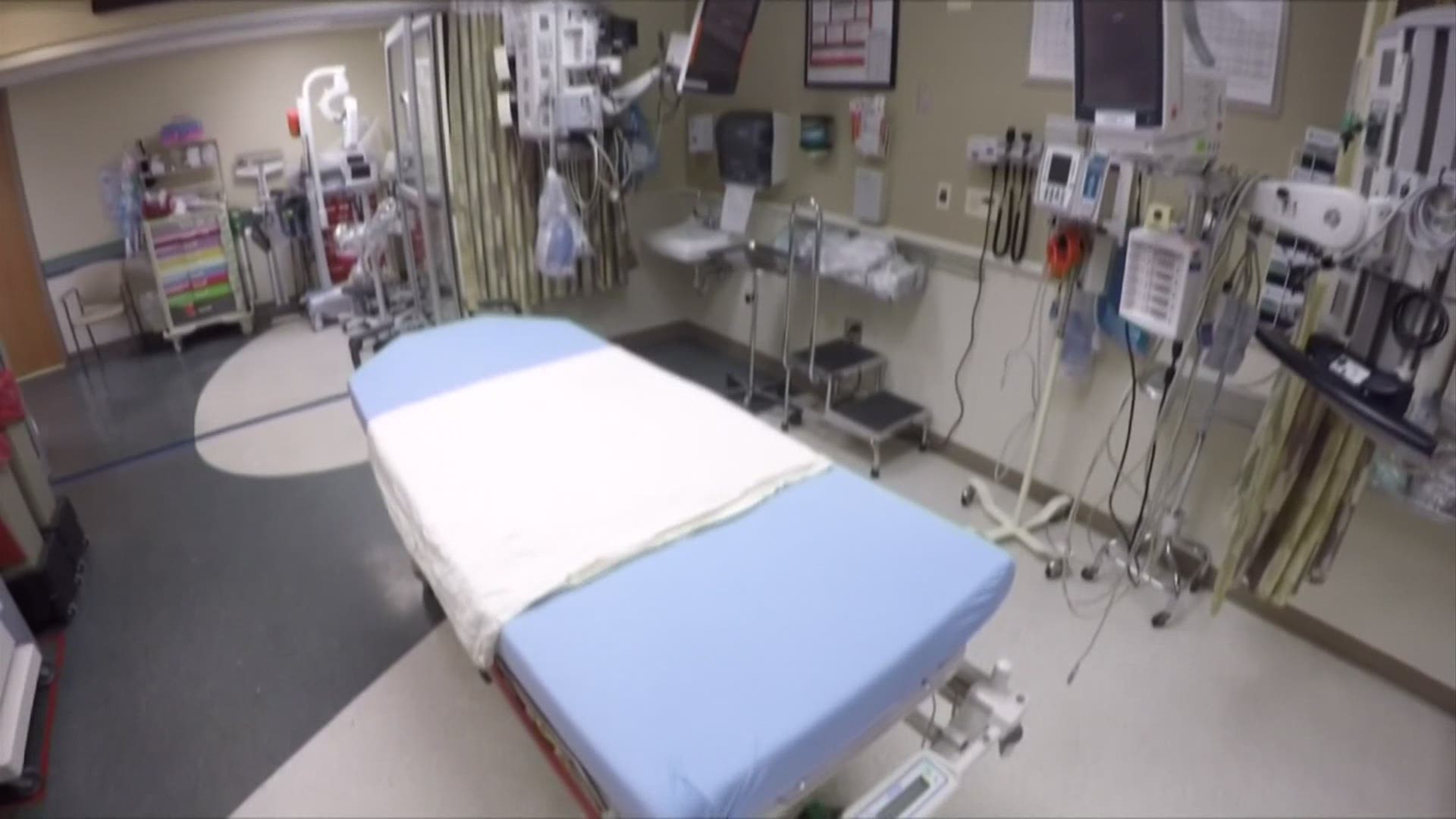COLUMBUS, Ohio — With everything that is going on this year with the pandemic, it can be overwhelming to say the least.
“If you’re feeling any kind of trauma or traumatic experience because of what you’ve seen or what you’re reading or the experiences around you, it behoofs you to seek out professional help,” Dr. Leila Javidi said.
Javidi is a doctor at the Family Physicians of Gahanna.
“It’s not crazy to think that processing all of this grief and misinformation and confusion wouldn’t lead to miss-firing in the brain that needs to be dealt with,” Dr. Javidi said.
Sickness, death, restrictions, job loss, money issues and isolation are just a few of the stressors that are dealt with this year.
She also brought up vicarious trauma, witnessing other people’s trauma and how that can effect the witness.
“There’s some people that witnessed really horrific things in this time,” Dr. Javidi said.
We also spoke with Laurie Hommema. She is the medical director of well-being at OhioHealth.
“We’re definitely looking at trauma informed care, what that means and considering this a traumatic event,” Hommema said.
She said they are discussing this more with their staff and patients.
It’s something that anyone can feel and go through as stress and burn outs increase.
When it comes to trauma, we asked her what it entails.
“It’s kind of the psychologic and emotional changes that happens to someone that leads to a lasting event. That really defines trauma,” Hommema said.
When understanding what a person may feel going through something traumatic, it can come with not enjoying what once was enjoyed, nightmares, flashbacks, worrying excessively and not being able to sleep.
“Then we’re moving into a different spectrum where these could become a medical diagnosis,” Hommema said.
Later down the road, if not taken care of, she said it could even lead to a form of PTSD.
She said medical experts are really encouraging five powerful emotions and ways to cope.
“We’re looking at really the five emotions that we really need to help people feel to get through these events and that’s really safety, calm, connection, hope and a sense of efficacy and those are ways to help people through a trauma or traumatic event,” Hommema said.
The medical director said it’s best to reach out for professional help, but there are ways to help yourself through this.
She mentioned self-care like sleeping, eating well, exercising and clinging onto what there is to be grateful for.
“If we don’t start with those basics and then build on that and do other things to help our emotional health, then we will be in trouble. So we’re recommending a lot of folks to do gratitude exercises and do three good things to kind of bring us into the moment to recognize that, yes there are a lot of bad things happening, but we can find some good,” Hommema said.
Hommema also said it’s healthy to accept whatever emotion is being felt and allow oneself to feel that way.
“It’s knowing that everyone is stressed everyone’s scared, some people are angry and that’s OK, right it’s OK to feel that,” Hommema said.
She said recognizing these feelings will help the healing process.

